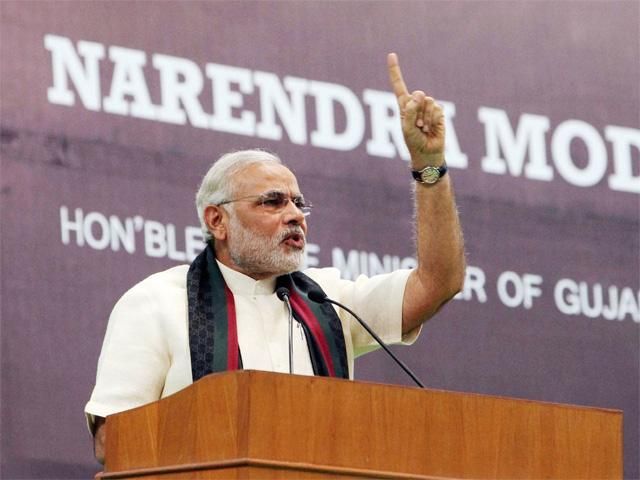In the face of an ongoing civil war in Manipur, Prime Minister Narendra Modi’s prolonged silence has been met with widespread criticism. For nearly 80 days, the state has been engulfed in violence, resulting in the deaths of over 150 people and leaving thousands displaced. Despite the severity of the situation, Modi, known for his powerful oratory, had chosen to remain silent on the matter until a recent address outside Parliament.
In his statement, Modi referred to a distressing incident that occurred on May 4, where clashes between the Meitei and Kuki communities led to two deaths and the brutal sexual assault of women from the Kuki group. Shockingly, this police information report, which documented the heinous crime, was filed on May 18 – nearly two months before Modi’s public acknowledgment.
Questions arise as to whether the Manipur government was aware of these harrowing accounts, given that they were part of the police record and covered in media reports. Had Modi taken the time to scrutinize the actions of Manipur Chief Minister N. Biren Singh, his party Kuki, he might have discovered the true scale and extent of the violence.
It wasn’t until a video exposing the humiliation of the women went viral that both the chief minister and the prime minister finally addressed the situation. However, Biren Singh’s claims of swift police action were debunked, as it became evident that there had been two months of inaction by the authorities.
Rather than holding Biren Singh accountable, Modi defended him and called upon all chief ministers to strengthen law and order, particularly for the protection of women. While emphasizing the need for strict actions against sexual violence, Modi equated the situation in Manipur with that of Congress-ruled states like Rajasthan and Chhattisgarh, which have also witnessed such horrific incidents. However, this comparison disregards the unique gravity of Manipur’s crisis.
Moreover, critics argue that when Modi did address the issue, he did so primarily as a leader of the Bharatiya Janata Party, rather than as the Prime Minister of India. This raises concerns about the government’s prioritization of political interests over the well-being of citizens.
The civil war in Manipur continues to escalate, with recent incidents threatening to draw in more communities. The lack of prompt and decisive action from the central government has further fueled discontent and disappointment among the affected population.
In times of crisis, strong leadership and empathetic engagement from the nation’s highest authority are crucial to address grievances and provide solace to those suffering. Modi’s belated response and seemingly partisan approach have left many questioning the government’s commitment to ensuring the safety and security of all citizens.
As the situation in Manipur demands urgent attention and resolution, the need for responsible governance and compassionate leadership remains paramount. The prime minister’s words and actions hold significant weight in shaping the nation’s response to crises, and it is high time for a more comprehensive and effective approach to tackle the ongoing challenges in Manipur.


